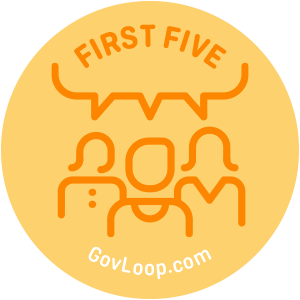March is almost over, but with recent headlines in government, there’s still a lot to catch up on. To help, we’ve put together a millennial reading list for you comprising millennial-focused articles.
Here are the top five worth reading from this month:
Are you a millennial or not? The New York Times covered a recent Pew Research Center study that tried to put some order on the chaos of defining the millennial generation. If you were born between 1981 and 1996, Pew says you are indeed a millennial. This may come as a shock to those who identify more with earlier generations, like Generation X. If this sounds like you, read on to see what other “older millennials” are saying and how you can deal.
Speaking of different generations, the next one is already upon is. Anyone born after 1997 would be considered post-millennial or “Gen Z.” Although this generation doesn’t have a widely accepted monitor yet, there are many proposals for what to call them including the i-Phone generation or the Columbine generation. Whatever the name becomes, here are five things you need to know now.
While millennials have been identified as the most stressed-out generation, they do seem to be more proactive in healthy living than previous generations. According to a Nielson study, millennials are also more prone to look for alternative medicine in promoting their own health. Read on to learn the top five blogs/content they look for with regards to healthy living.
A new study from Prudential Financial looked at how millennials imagine health, wealth and work in 50 years. This article summarizes the “80 Year-Old Millennial” study, which included responses from more than 1000 millennials ages 21 to 38. The study focused on millennials’ feelings about workplace trends, economic opportunity, technological advances and maintaining health. According to the findings, old assumptions about education, work and retirement no longer apply for millennials and their children.
One millennial financial planner is challenging his generation to start flexing their political muscles. He claims “millennials are missing a major opportunity to control their financial futures by remaining politically unaware and inactive.” Read on to learn his advice for getting more involved.
This post is part of GovLoop’s millennial blog series, First 5.





Good reads. I found some of the stats in the “5 Things to Know” article very surprising actually!